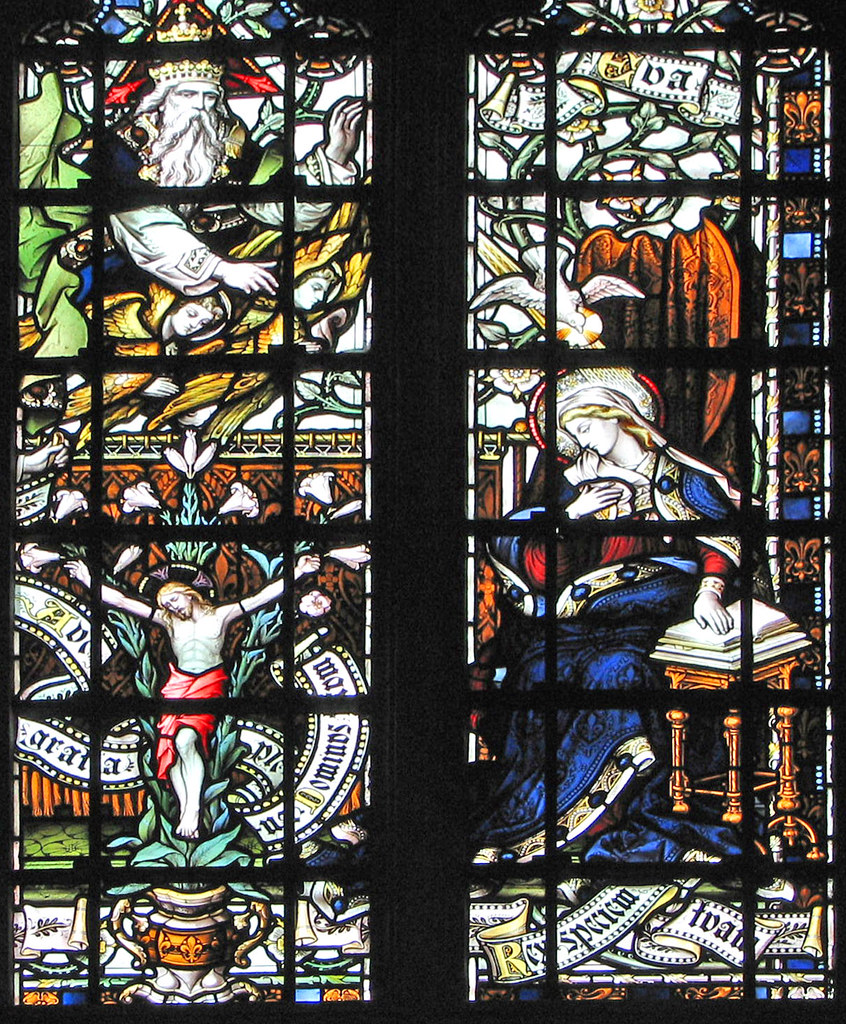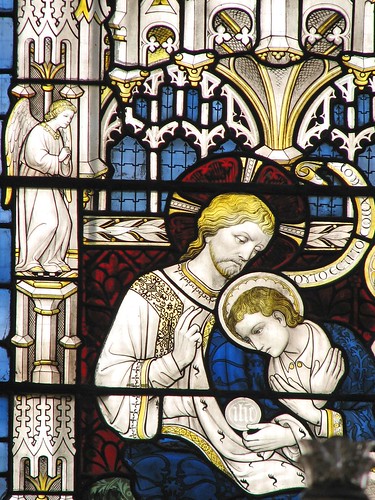 Readings: Luke 19:28-40; Isaiah 50: 4-7; Psalm 22:8-9,17-18,19-20,23-24; Philippians 2:6-11; Luke 22:14-23:56 or 23:1-49
Readings: Luke 19:28-40; Isaiah 50: 4-7; Psalm 22:8-9,17-18,19-20,23-24; Philippians 2:6-11; Luke 22:14-23:56 or 23:1-49The Gospel reading given by the Church for the procession with palms at the beginning of today’s Mass reports the end of a long journey which started when Jesus ‘set his face to go to Jerusalem’ (Luke 9:51). Jesus had made the decision: he was prepared to journey towards his death. And when he arrives in Jerusalem, he is acclaimed by his disciples as a Son of David, as the Messiah, the bringer of salvation. His entry into Jerusalem fulfils the prophecy spoken by the prophet Zechariah: ‘Behold, your king comes to you; triumphant and victorious is he, humble and riding on a donkey, on a colt the foal of a donkey’ (Zechariah 9:9). By entering on a colt and not a horse, he declared himself to be a bringer of peace and not of war. However, we know all too well how his message of peace is received. The message is seen as threatening by the Pharisees who were watching his entry. This is the beginning of the end, the beginning of Jesus’ passion and death, which we hear of in the second gospel reading.
What is it about the peace of Christ that is so threatening to those encountering Jesus? Perhaps the message of peace threatened both the authority of the Pharisees and that of the occupying Roman forces. The Pharisees could not accept him as the Messiah King – perhaps they could not see anything in him beyond a man who just couldn’t stop causing trouble, a man whose questioning always challenged their authority. But I think that the Pharisees had recognised something more than just a trouble maker. Jesus seems able to expose their vulnerability at a personal, deeper level, not merely the level of authority. One of the brethren of our Province, the late Fr. Herbert McCabe O.P., wrote that an encounter with Christ makes us fear because we are made aware of our own humanity, a humanity which we fear. We are, it seems, just like the Pharisees after all. To be fully human is to love perfectly, so in encountering Christ we are also made aware of how often we fall short of our calling to love: to love God, to love ourselves and to love others. Love involves risks, but by not taking the risk of loving God, ourselves and others more, we cannot fully realise our humanity. The events of the coming week are an invitation to look more closely at the face of Christ crucified, that we might learn how to love more.













-738497.jpg)















